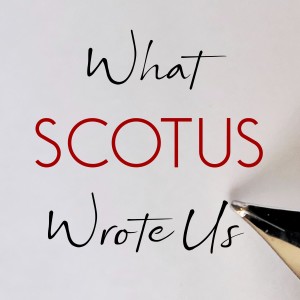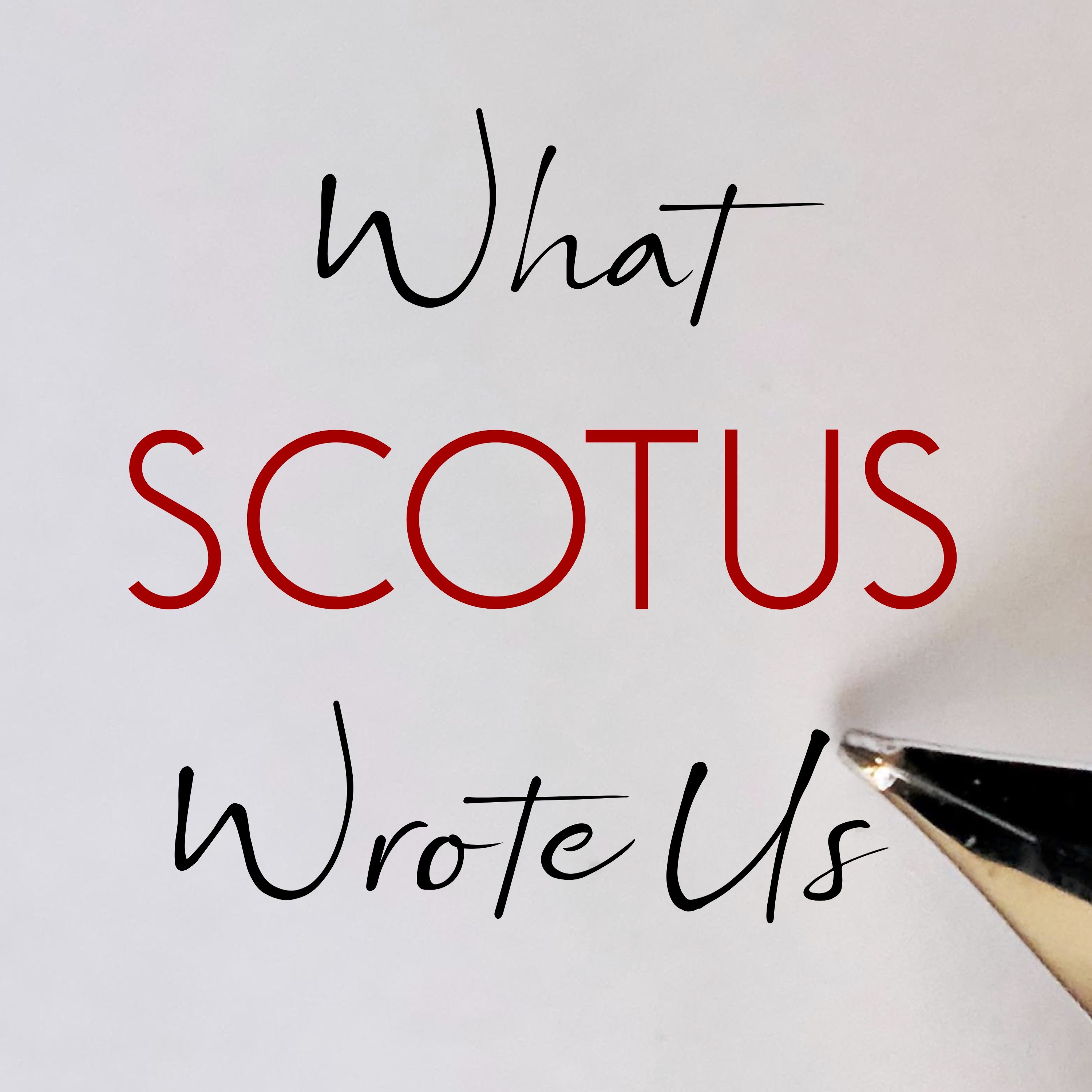Episodes

Friday Nov 11, 2022
Friday Nov 11, 2022
Last week, in episodes 74 and 75, I read the majority and dissenting opinions in the case Rucho v. Common Cause (2019). The majority held that political gerrymandering of congressional districts, as opposed to racial gerrymandering which is prohibited by Section 2 of the Voting Rights Act, is a political question and thereby "nonjusticiable," or beyond the Court's power to resolve. But, the dissent argued that the Court had already held apportionment cases were indeed reviewable by federal courts in Baker v. Carr and twice upheld in Wesberry v. Sanders and Reynolds v. Sims - both decided in 1964. Collectively, these three cases are known as the "One person, One Vote" cases because they were concerned with ensuring substantial equality of voting districts when compared to the actual population. In other words, if a quarter of a state identifies with party A and there are four districts, party A should have one district, not three or four.
The Court in Rucho ignored the precedents established fifty years earlier in the Marshall Court's "one person, one vote" cases - in favor of reviving the even older precedents of non-justiciability under the Frankfurter Court. Chief Justice Marshall thought today's case so important that, when he was later asked which case he was most proud of during his tenure on the Court, he did not say Brown v. Board of Education - he said this one, Baker v. Carr was. Because no kind of equality will last for long if it doesn't extend to the ballot box.
I'm still reading and recording this case right now, but I'm so excited for you all to hear it that I thought I would tell you about it now, before election day is over, so you'll be sure to come back and listen by the time I get it published.
Access this SCOTUS opinion and other essential case information on Oyez.
Music by Epidemic Sound


Comments (0)
To leave or reply to comments, please download free Podbean or
No Comments
To leave or reply to comments,
please download free Podbean App.